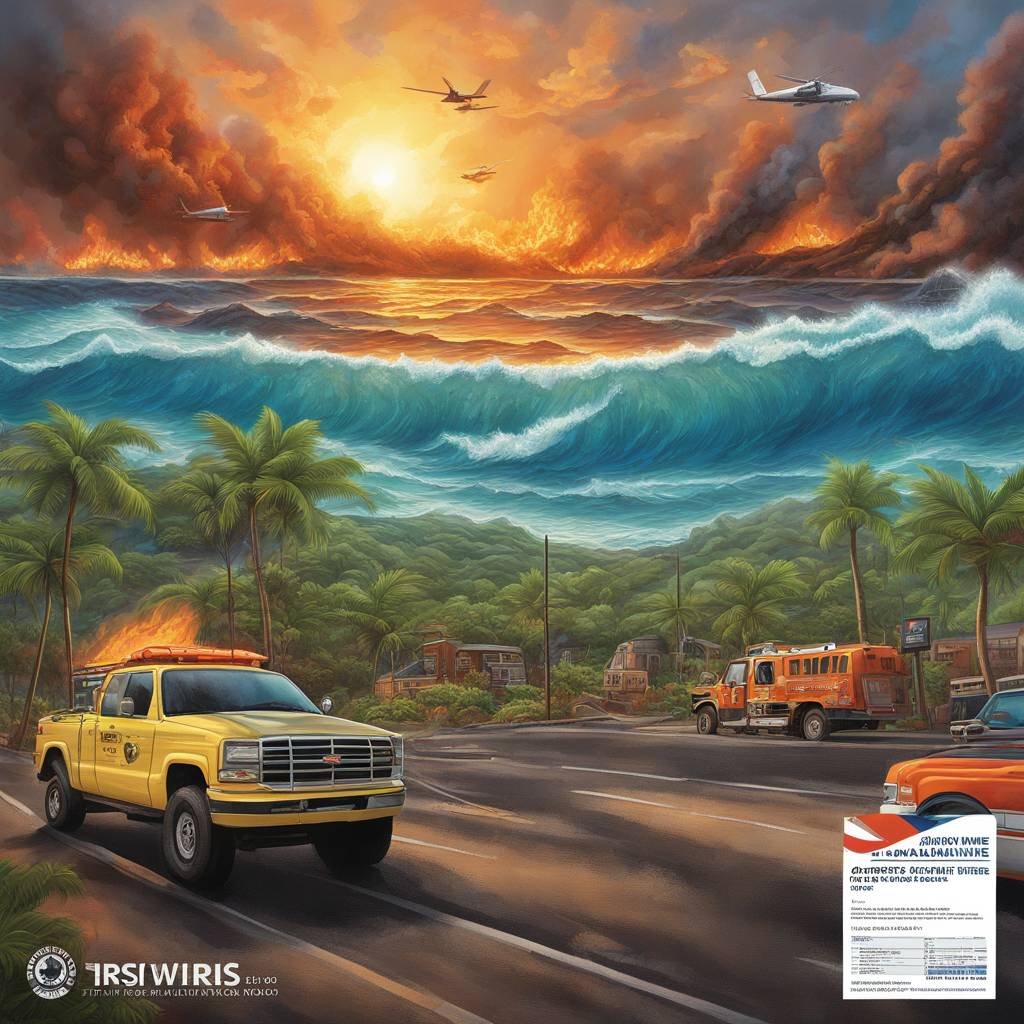The IRS has announced an extension of tax relief for Hawaii wildfire victims, postponing deadlines for 2023 returns, payments, and other tax-related actions to August 7, 2024. This extension is in addition to the relief provided last August shortly after the wildfires occurred and applies to individuals, businesses, and tax-exempt organizations in Maui and Hawaii counties, the areas designated by FEMA. The IRS has listed eligible localities on the Tax relief in disaster situations page on IRS.gov.
The extended deadline of August 7, 2024, applies to various tax-related actions, including individual income tax returns and payments due on April 15, 2024, 2023 contributions to IRAs and health savings accounts, quarterly estimated income tax payments, payroll and excise tax returns, partnership and S corporation returns, corporation and fiduciary returns, and tax-exempt organization returns. Taxpayers who had valid extensions to file their 2022 returns also have until August 7, 2024, to file them. The Disaster assistance and emergency relief for individuals and businesses page provides details on relief qualifying for the postponement period.
The IRS automatically provides filing and penalty relief to any taxpayer with an IRS address located in the disaster area. Taxpayers who do not have an IRS address in the disaster area may receive penalty notices, but they can call the IRS to have the penalty abated or request disaster tax relief. Taxpayers outside the disaster area whose records necessary to meet a deadline are in the affected area should contact the IRS for assistance. Extensions beyond August 7, 2024, for federal income tax returns can be requested electronically by April 15, 2024, or on paper between April 15 and August 7, 2024, with a filing deadline of October 15, 2024.
Tax relief also includes the option for individuals and businesses in a federally declared disaster area to claim uninsured or unreimbursed disaster-related losses on either the 2023 return or the prior year’s return. Taxpayers have up to six months after the due date of their federal income tax return to make the election. Qualified disaster relief payments are excluded from gross income, allowing affected taxpayers to exclude amounts received for expenses related to the disaster. Additional relief may be available to participants in retirement plans or IRAs.
The tax relief provided by the IRS is part of a coordinated federal response to the damage caused by the wildfires, based on local damage assessments by FEMA. Taxpayers in the affected areas can visit disasterassistance.gov for information on disaster recovery. The IRS urges taxpayers to take advantage of the extended deadlines and relief provisions to navigate the tax implications of the wildfires with flexibility and support.













